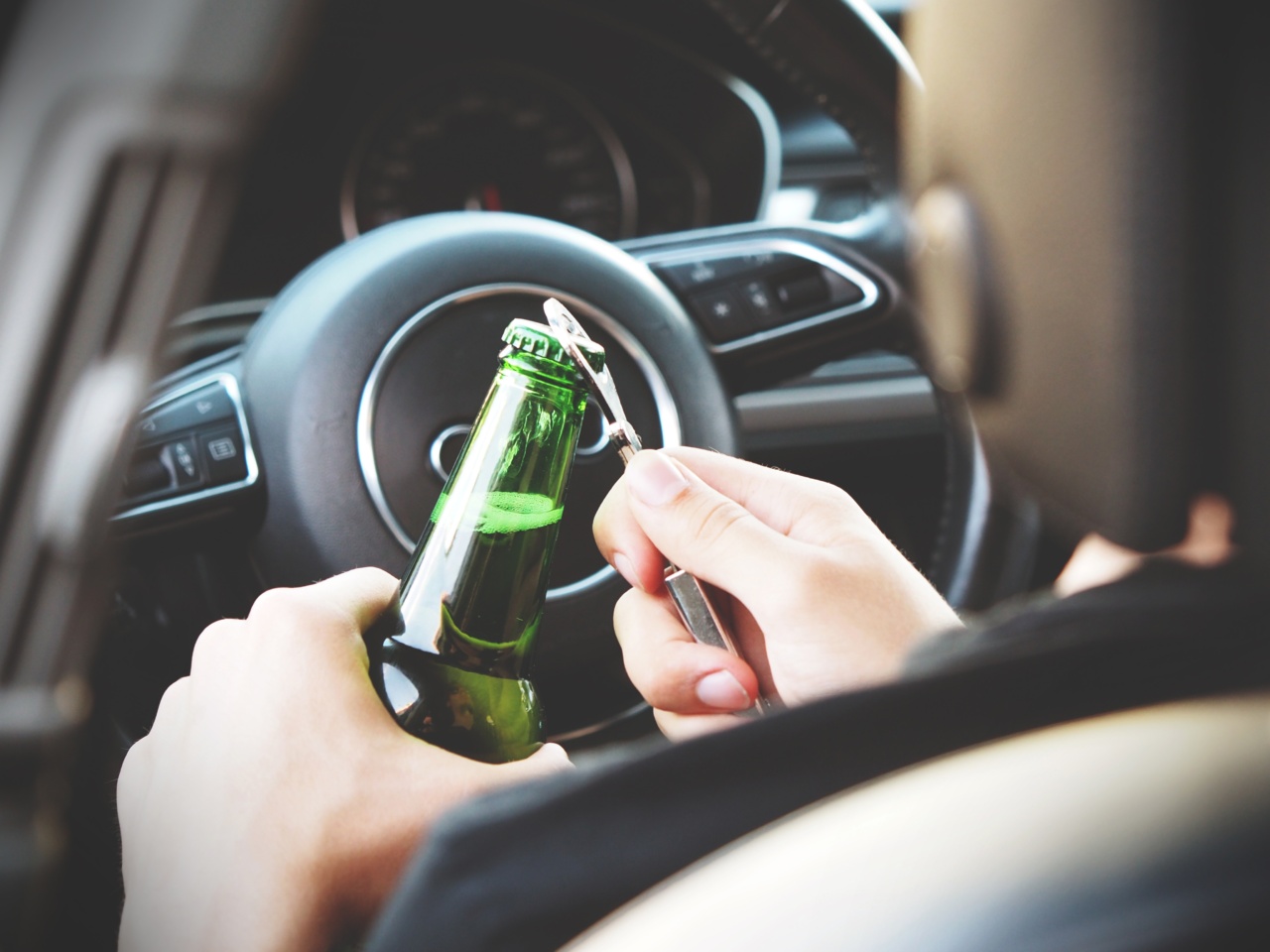Alcohol is a legal drug, but it is one of the most widely abused substances in the world. Teenagers, in particular, are vulnerable to the negative effects of alcohol consumption, as their brains and bodies are still developing.
Alcohol consumption can have damaging short-term and long-term consequences on teenagers’ health and it can also lead to other harmful behaviors.
Short-Term Effects of Alcohol Consumption in Teenagers
When teenagers consume alcohol, their brains become impaired, and they may experience the following short-term effects:.
- Impaired judgment and decision-making: Alcohol can affect the ability of teenagers to make sound decisions and can influence their behavior. They may engage in risky behaviors such as unprotected sex, getting into a car with a driver who is under the influence of alcohol, or taking potentially dangerous drugs.
- Slurred speech and poor coordination: Alcohol affects the central nervous system, which can result in slurred speech, reduced reaction times, and impaired coordination.
- Memory problems: Alcohol can interfere with memory formation and can lead to blackouts, which can be dangerous and risky.
- Falls and accidents: The impaired judgment, slowed reaction times, and poor coordination caused by alcohol consumption can lead to falls and accidents, which can result in injuries or death.
Long-Term Effects of Alcohol Consumption in Teenagers
Alcohol consumption can also have long-term effects on teenagers. Regular alcohol consumption can damage the developing brain and can lead to long-term physical and emotional problems.
The following are some of the long-term effects of alcohol consumption in teenagers:.
- Brain damage: Alcohol abuse can damage the brain and can affect the ability of teenagers to learn, concentrate, and remember. It can also cause permanent intellectual and cognitive impairments.
- Emotional problems: Alcohol abuse can lead to depression, anxiety, and other emotional problems.
- Liver damage: Regular alcohol consumption can lead to liver damage and cirrhosis.
- Cancer: Alcohol is a known carcinogen and has been linked to an increased risk of developing cancer.
- Alcoholism: Regular alcohol consumption can lead to alcohol dependence and addiction, which can be difficult to overcome.
Behavioral Problems Resulting from Teenage Alcohol Consumption
Alcohol consumption can also lead to behavioral problems in teenagers. Apart from impaired judgment and decision-making, teenagers who consume alcohol may experience the following behavioral problems:.
- Aggressive and violent behavior: Alcohol can increase aggression and violence in teenagers and can lead to fights and other violent behaviors.
- Drug abuse: Teenagers who consume alcohol are more likely to experiment with other drugs, which can be dangerous and can lead to addiction.
- Sexual activity: Alcohol can lower inhibitions and can lead to risky sexual behavior, such as having unprotected sex and engaging in sexual activity with multiple partners.
- Suicide: Alcohol consumption can increase the risk of suicide in teenagers.
Preventing Teenage Alcohol Consumption
Preventing teenage alcohol consumption is essential to avoid the short-term and long-term negative consequences. Parents can play a crucial role in preventing their teenagers from consuming alcohol by:.
- Talking to their teenagers: Parents should talk to their teenagers about the risks of alcohol consumption and should set clear rules and expectations.
- Monitoring their behavior: Parents should monitor their teenagers’ behavior and should look for signs of alcohol consumption, such as slurred speech, changes in behavior, and poor academic performance.
- Setting an example: Parents should set a good example by avoiding alcohol abuse themselves and by modeling healthy behaviors.
- Encouraging alternative activities: Parents should encourage their teenagers to participate in activities that do not involve alcohol consumption, such as sports, music, and art.
Conclusion
Teenage alcohol consumption is a significant public health issue. Alcohol consumption can have short-term and long-term consequences on teenagers’ health, and it can also lead to behavioral problems.
Parents play a crucial role in preventing their teenagers from consuming alcohol. Awareness of the risks of teenage alcohol consumption is essential to protect teenagers from the harmful effects of alcohol and to promote a healthy and safe lifestyle.





























